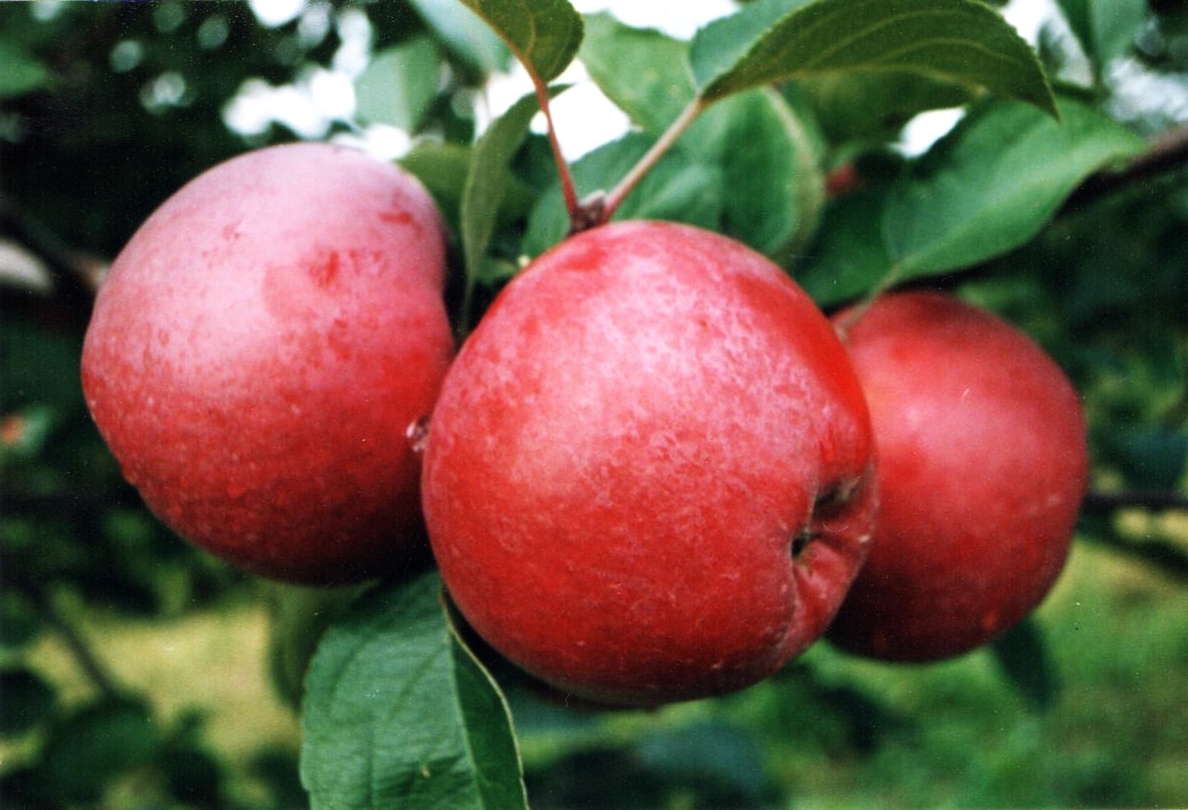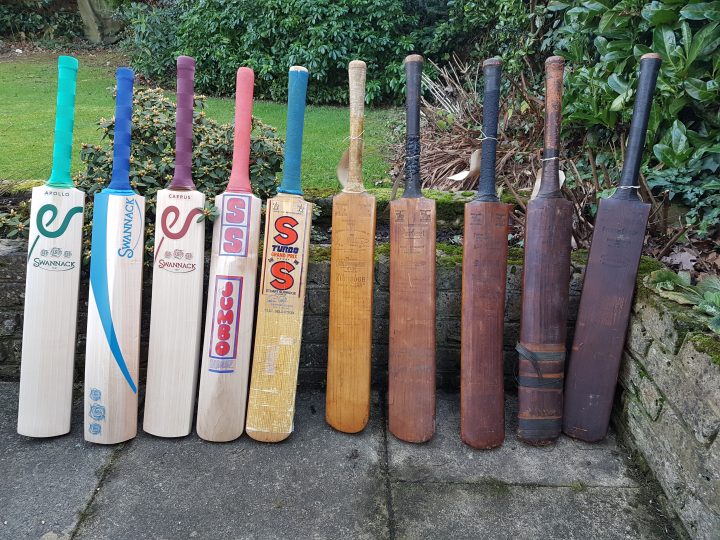Live cricket will return to the BBC on 30th August for the first time since 1999. The Beeb will be showing the second T20 against Pakistan and then a T20 against Australia in September. As someone who grew up watching cricket on the BBC during the summer holidays, this feels like cricket is finally coming home. Sky’s coverage is excellent, of course, but they’ve never been able to reach the same mass audience.
To celebrate live cricket returning to the BBC, I was offered the chance to talk to Isa Guha who will be presenting their coverage. We talked about the significance of cricket returning to terrestrial TV, and I asked her some questions about her media career to date.
Me: How important was it is to get cricket back on free-to-air television?
Isa: I think it’s hugely important. We’ve had a good build-up by doing the highlights first and now we can’t wait to do our first live game. The viewing numbers for the highlights have been really encouraging so obviously we’re hoping this will lead people to the live games. Loads of people haven’t had the chance to watch live cricket on TV before so it’s really exciting to broadcast to the masses.
How much do you remember about the old BBC coverage back in the day?
I remember Richie Benaud fondly. There was also Tony Lewis too but Richie was obviously the man. I also remember the old C4 coverage with Mark Nicholas. When we were doing the archive games it was really interesting to look back and reminisce. There’s a great tradition of cricket broadcasting and I’m really excited to be part of it.
Did you plan to become a commentator when you stopped playing or did it just happen?
It just happened! Having won the World Cup and The Ashes as a player, I was thinking ‘what next’? I’d studied at uni and started a PhD in neuroscience so I always assumed that’s where life would take me. I did some work as a pundit on Sky back in 2010, which gave me a flavour of what it was like, but I never thought it would become a fulltime thing. There weren’t many opportunities for women around then.
However in 2011, almost out of the blue, ITV got in touch about presenting their IPL coverage. I originally thought they just wanted me as a pundit but the head of ITV sport said “you know your cricket, we’re going to have a really experienced presented with you, so do a screen test and take it from there”. I got the job and before I knew it half a million people were watching me!
I was quite nervous to start with but the likes of Matt Smith and Mark Pougatch helped me enormously. I was really wooden, I didn’t know which camera to look at half the time, but my cricket knowledge got me through. I was also able to get the necessary answers out of guests ok.
On the back of that I got opportunities with Sony to do more IPL in India. It was a completely different style of show – all entertainment. We danced onto the stage and there were cheerleaders and a drummer on set. After that I worked on the CPL and then got a gig commentating on Test cricket with Star Sports.
At this point I was getting opportunities at home with the BBC and Sky too. However, it was only after I’d been doing it for 4 years or so that I really started to believe that I could do this seriously as a career.
So you started with TV and then moved to radio later. How different is it commentating on radio as opposed to television?
It’s quite different. There are more silences to fill on radio. But the most difficult thing, and this is still something I’m learning, is how to do lead commentary on radio. It’s a tremendous skill. I grew up listening to Aggers and Blowers. Although I’m not as accomplished as them, I’m excited at the prospect of developing in this area.
The way you describe things is so important on radio. There’s a certain rhythm to radio as well. And it’s a skill to try to get the best out of the guests we have on. TMS is especially hard because there are no ad breaks so there’s more time to fill. Down under there are ads at the end of overs.
Working in the media has been great because you get to try lots of different things. All the roles are different – being a pundit, a summariser, and then being in that key lead role.

Which commentators have you enjoyed working with the most?
It’s hard to pick out one. They’re all different and I enjoy the variety of working with different personalities. Having said that, I do really enjoy working with Shane Warne. His cricket brain is amazing and you can always have a bit of fun with him on commentary. Warnie’s become a friend. It was a real confidence boost when I realised that he had respect for my opinions so he’s helped me a lot.
Phil Tufnell is also great to work with too but really there are so many other people I could mention. I work with great people and I try to learn from all of them.
You’re basically living the dream as far as I’m concerned. Is commentating always as much fun as it looks?
I am indeed living the dream! I try to remind myself how lucky I am every day. I’m privileged to work in cricket. It’s a job but it doesn’t feel like a job sometimes because it’s so enjoyable.
It’s a challenge and a learning experience too. And it can be tiring. You do feel wiped out at the end of a day sometimes. The key in broadcasting is to try and keep things fresh. Yes you’re reliant a bit on what’s happening in the game but you still try to mix things up for the viewers.
You’ve obviously done really well in your career so far. But have you ever had a bad experience or embarrassing moment on commentary?
Yes! In my early days I remember doing a link to camera and I ended up looking at the wrong camera completely for about a minute. All the viewers were looking at the side of my face. I’ve also had moments when I’ve thought “Oh no, why did I say that?” but you’ve just got to move on.
I’ve also had some funny moments where I’ve been completely caught off guard by what my co-commentator has said. Plus there’s been the odd unintentional innuendo!
At least you haven’t had a Mike Atherton Cockermouth Cricket Club style gaff!
Ha! Yes that was hilarious. So funny. It can happen to anyone. I guess the key is to just press on when you have a bad moment and try not to take yourself too seriously.
——
And just like that our time was over. I would’ve loved to ask Isa more questions – we didn’t even talk about the Hundred – but time was short and she had a Test match to commentate on.
I had my day job to get back to as well. It just a shame that mine is nowhere near as good as hers.
Thanks for your time, Isa.
James Morgan
England v Pakistan T20 International will be live on BBC One on 30 August from 1.25pm








James
This isn’t cricket returning to FTA.
It’s only the slogfest. Until we get PROPER cricket back then the viewing public will still be held over a barrel by Sky and the others.
Presumably, the ECB will be cockahoop if the beeb show the hateful 100 next year.
We’ve got primetime Test highlights on BBC and live coverage of two T20s on the BBC too. I think that’s a pretty good start.
Sadly I don’t see Test cricket returning to terrestrial TV any time soon because Sky are the ECB’s chosen strategic partner. However, if the T20s get good viewing figures on the Beeb – and let’s not forget that the World Cup Final showed there’s an appetite there – then there’s a chance that the terrestrial stations will be more determined to bid for Test cricket next time the rights are up for grabs again.
I see this as baby steps. But after the total lack of exposure cricket’s had in recent years I think it’s a very welcome development. The Hundred will be an interesting one, of course, and the BBC are indeed set to show that. However, with COVID-19 hurting cricket’s coffers so much, I think there’s a chance it gets changed to T20. The BBC did sign up to show a franchise T20 in the first place after all. We’ll have to see what new chairman Ian Watmore is made of.
It has been great to both see and hear Isha’s enthusiasm and enjoyment of the test match format. As a traditional male viewer in my early 60s she has been a ‘breath of fresh air’. It is vital that we encourage men, women and children of all ages to follow cricket, especially the traditional forms of the game.
I am not a huge fan of the BBC as an institution either but their radio coverage of the Bob Willis Trophy and County Cricket in general is top notch. Also locally without the BBC , local sport wouldn’t get any air time. Back to the subject, Isa is already one of the best. Appreciates the game is the most important thing..even if she hasn’t heard of shove ha’penny.
Nice interview. I like Isa – she’s growing into the role on both TMS and TV, and strikes the right balance between reporting on the game and making it sound fun.
I echo the other comments about cricket “coming home” though. It’s only a token few games- Sky keeping the vast majority including all the Tests, and the ECB won’t give the money they get for those up lightly.
Worth also remembering that it was the BBC that dumped cricket in the first place to let C4 in some years before the Sky deal – not to mention the countless times they interrupted the cricket for something else. I take the point about free to air TV getting a wider audience, but any nostalgia for the BBC’s coverage must be taken with a pinch of salt.